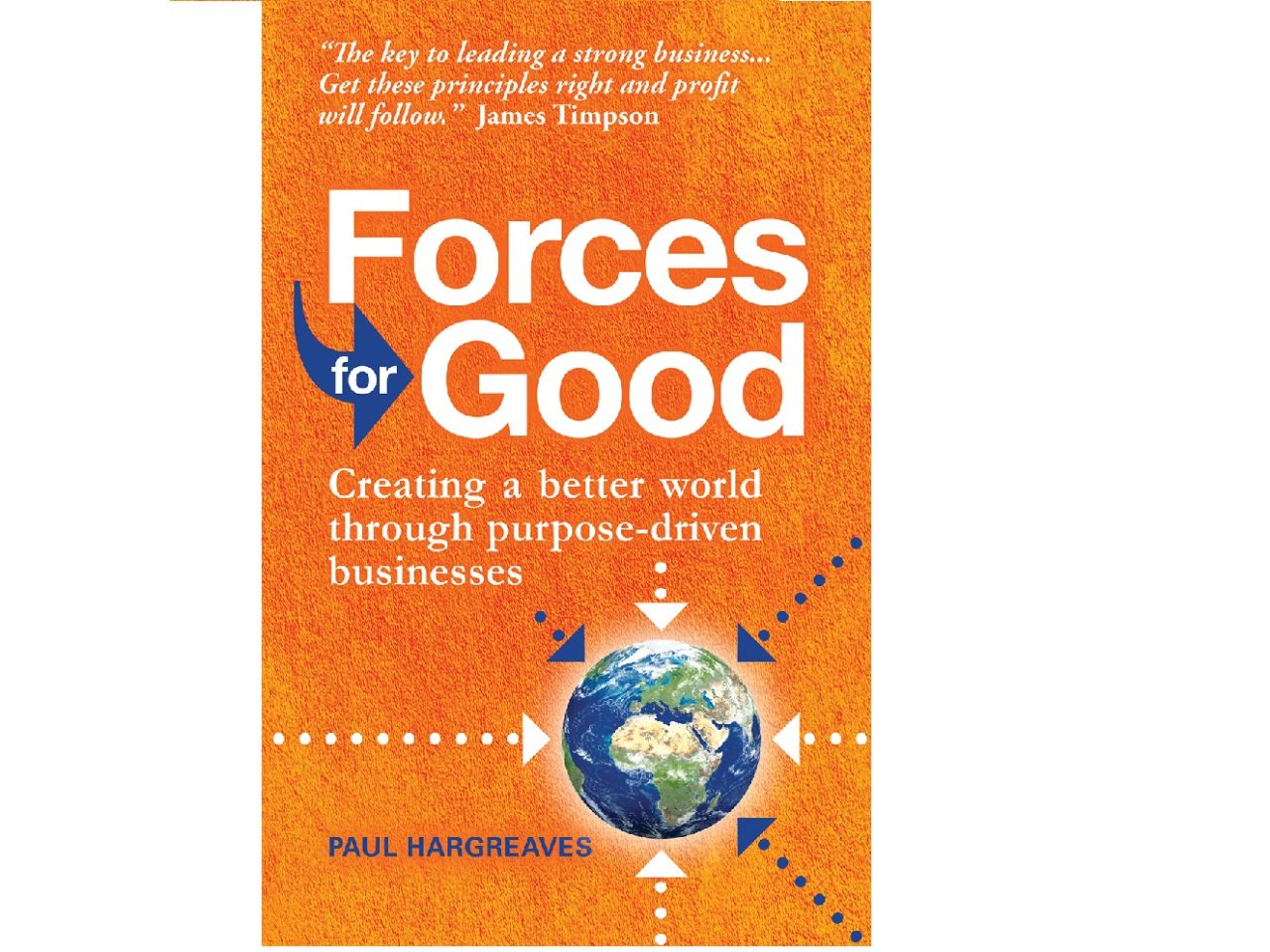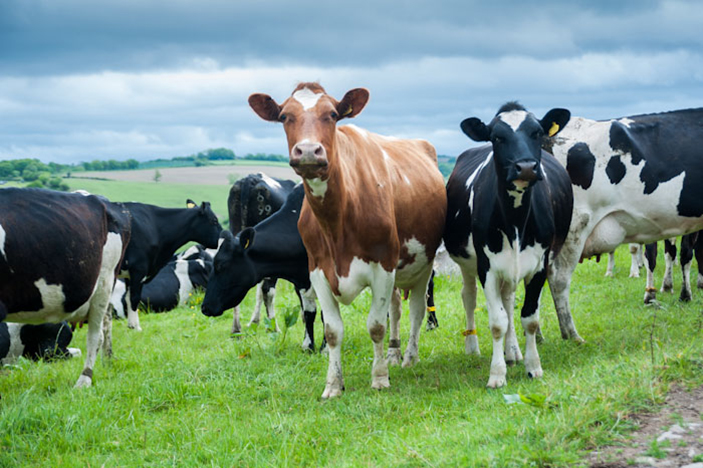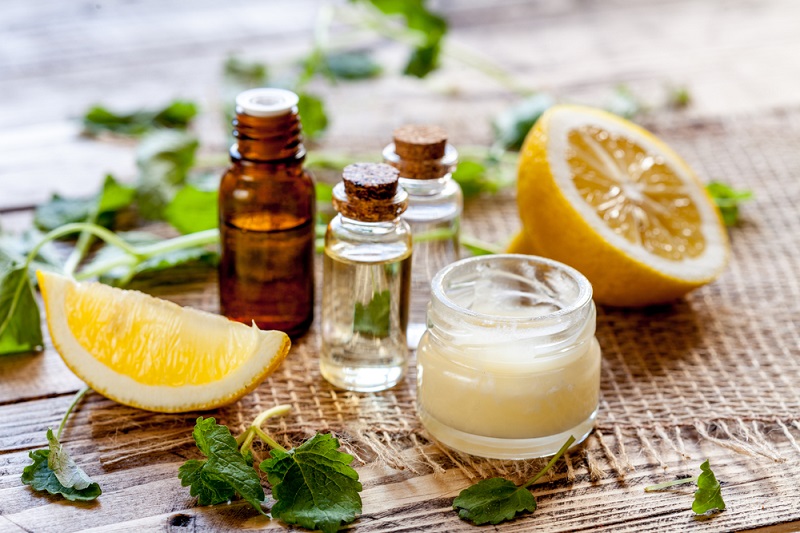
The man behind Cotswold Fayre is offering his insights into how businesses can make a positive difference in a new book.
Paul Hargreaves, CEO of the fine food wholesaler, has written Forces for Good, which examines how businesses can make a positive difference in the world and help reverse the injustice that seems to be increasing year by year.
Paul started the business 20 years ago with the aim of changing the world for the better and ambitiously took on three addicts within his first five employees. He explains that he realised fairly soon that perhaps it may be better to establish a sustainable business first before taking on the world.
Paul says he has always believed that successful businesses value their own people and those within the supply chain and are passionate custodians of our planet. He has also for many years invested time and company resources into an orphanage and schools in one of the poorest parts of the world, western Kenya.
Forces for Good gives examples of the changes that we and many other businesses in the UK have made in order to create a better world. There are loads of practical examples of how you can do your part, whether you are a business owner, start-up, manager or influencer within your business to improve your triple bottom line (people, planet, profit).
Find out more at www.paulhargreaves.com

The global organic dairy market is set to grow more than 50 per cent to reach US$28bn within four years as new uses for organic dairy ingredients are found.
That is according to the 2019 Global Organic Dairy Market Report, which has been released by three major players in the sector, Omsco, and its international partners, Organic Valley and Eko Holland.
Currently worth US$18bn, the report reveals that the sector is growing rapidly and creating new opportunities in the UK and globally, finding that further growth will depend on how the sector dials up its relevance with consumers, particularly in the face of stiff competition. It continued that innovation in the market and product diversification presents the greatest opportunities globally.
Commenting on the report, Richard Hampton, Managing Director of Omsco, explained: “Worldwide consumption, distribution and market reach of organic dairy is increasing, and now represents 20 per cent of all organic food and drink sales globally. The organic dairy market in the UK specifically has also grown 3.1 per cent year-on-year, and we’ve seen a 10 per cent increase in the number of households who purchased organic milk since 2017.”
However, although the global liquid milk market is performing well, equating to 24 per cent of all organic dairy sales, Hampton added that the primary driver of future growth is expected to be new markets and emerging product categories, such as cheese and specialist organic dairy ingredients. It identified the ongoing challenge to harness these opportunities is to build a global supply chain necessary to produce a high quality and sustainable source of organic products.
“Historically, traditional dairy products such as liquid milk and yoghurt in Western markets have dominated sales,” he explained. “However, although market penetration levels remain relatively low, growth has slowed as these markets have matured, while growth in added value categories such as cheese, infant formula and sports nutrition products has accelerated, particularly in emerging markets, such as the East.”
In terms of the areas that are strong, organic infant formula and organic cheese are expected to grow significantly over the next five to seven years, at 12.1 per cent and 14 per cent compound annual growth rate (CAGR) respectively.
And Brexit was raised, with Hampton revealing that contingency plans have been put in place in the event of a no deal scenario.
“The UK is already a net exporter of organic dairy products, in stark contrast to the overall UK dairy sector, which is the third largest net importer in the world. With no clear outcome in place for Brexit, the extent to which the UK can participate in this growth potential is unclear, and a no-deal Brexit will deliver what amounts to an export ban for organic products to the EU, as UK organic standards will no longer be recognised,” he explained.
Importantly, Hampton added that recent conversion of new producers into the organic sector means the UK has enough milk to sustain forecasted growth in the coming few years.
“Organic dairy is a thriving part of the global organic food and drink market and the overall dairy sector, but innovation in market and product diversification will ultimately lead to the greatest opportunities globally. For the UK, how Brexit unfolds over the coming months will ultimately determine the speed at which Omsco can continue to capitalise on these opportunities.”

Demand for natural and organic cosmetics is expanding globally, with growth set to continue.
That is according to Ecovia Intelligence, which has examined the future market and found that while growth initially stemmed from Europe and North America, demand for natural and organic cosmetics is becoming increasingly global; Asia’s share of the international natural cosmetics market is expected to continue to rise as its consumers seek products without contentious synthetic chemicals.
Ecovia explained that more natural and organic product launches are likely to be in the Asia-Pacific, as well as other regions. It highlighted multinationals launching natural and ethical lines in the last 12 months, including Unilever with Love, Beauty & Planet, and L’Oreal launching Seed Phytonutrients and La Provençale Bio.
The analysts also forecast that we can expect to see more investments and acquisitions involving natural and organic cosmetic firms in 2019. Some of the notable acquisitions in the last 12 months were Logocos Naturkosmetik by L’Oreal, The Organic Pharmacy by Istituto Ganassini, and Natural Products Group by Groupe Rocher.
Consumer concerns about plastic pollution in the oceans and landfill is making cosmetic and personal care companies address their packaging impacts. A growing number of companies are looking at sustainable materials and/or eco-design approach. Ecovia also found that cosmetic and ingredient firms will continue to invest in sustainable sourcing of raw materials.
Other labels making headway include vegan, halal, non-GMO, as well as COSMOS and Natrue (natural and organic labels).
The matter will be discussed at the Sustainable Cosmetics Summit in New York on May 8-10. Find out more at www.sustainablecosmeticssummit.com